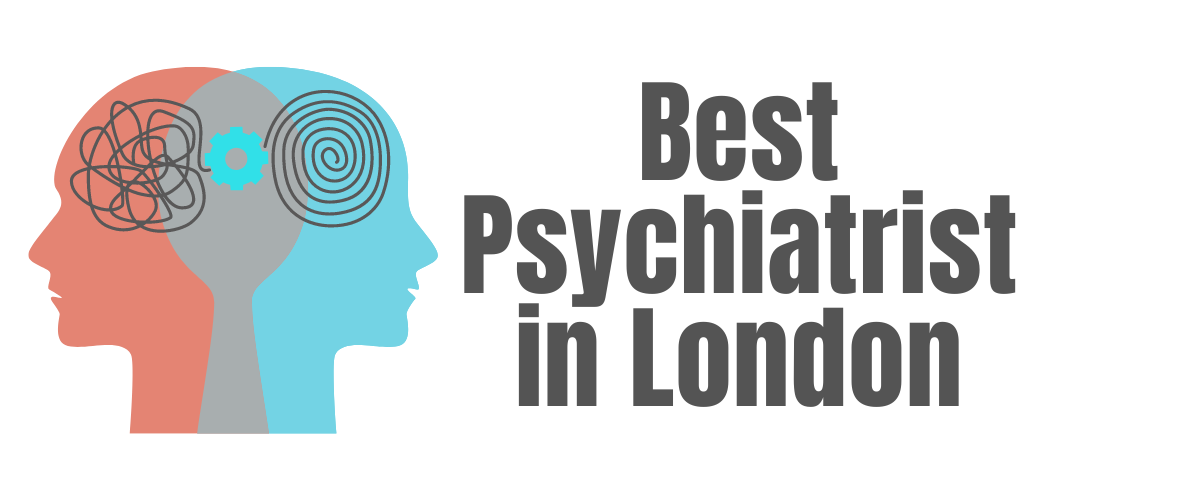
Dr Collins takes referrals from medical colleagues, specialists and general practitioners, from therapists, and other healthcare professionals, and in some instances self-referrals. Communication with third parties will only be with the consent and knowledge of the patient, although where medication is recommended, good practice suggests the patient’s GP should be informed. The only time’s confidentiality is broken is if Dr Collins is ordered to disclose information by a Court of Law, if safeguarding issues arise, particularly regarding the safety and welfare of children, or if an imminent threat to life is disclosed.
After an initial assessment, some patients will be followed up by Dr Collins himself, or where appropriate, and depending on the agreed treatment plan, they may be referred to a therapist colleague and reviewed from time to time by Dr Collins. If residential treatment is required this can be organized.
Dr Collins’ medical and neurological background means he is very familiar with the interplay between mind, body, and brain, and the more conventional ‘medical’ approach to diagnosis and treatment, but he is also very interested in a range of psychological therapies, especially where good evidence exists for their efficacy. The prescription pad may be necessary but is not his automatic first-line treatment.
More recently Dr Collins has become interested in the field of Functional and Integrative Medicine which takes a holistic view of disease as a process that has more complex origins than the dysfunction occurring at a particular endpoint. For example, recent research suggests that Parkinson’s Disease, a neurological disorder with clear-cut pathology in a precise part of the brain, may have its origins in gut bacterial dysfunction decades before the neurological symptoms appear.
This interest has led Dr Collins to explore some ‘alternative’ therapies, including the use of high-dose vitamins and co-enzymes, and more recently the use of Low-Level Laser Therapy, which is a treatment method pioneered in Russia in the 1980s. Recent research has highlighted the critical importance to our health and wellbeing of the bacteria residing in our intestines (the ‘gut microbiome’), and Dr Collins has lectured on this at international conferences and keeps abreast of research developments with a view to introducing specific therapeutic strategies to augment conventional treatment. That the brain influences the gut has been known for a long time, but the reverse process, whereby the gut, via the microorganisms within it, has profound effects on brain function, including generating anxiety, depression, and addictive cravings, is relatively new knowledge which opens up all sorts of exciting therapeutic avenues. Additional ‘alternative’ therapies may augment conventional approaches.
In some cases, the severity of symptoms may require nursing care and therapeutic input traditionally only available in a hospital setting. However, there are many reasons these days why a psychiatric hospital might be undesirable. For this reason, Dr Collins, with a small group of colleagues, has set up a service, Psanctum, offering home nursing, up to 24 hours per day, using specially trained nurses who have further psychotherapeutic training, overseen by a Consultant Psychiatrist, and with access from home to a wide range of additional therapeutic inputs. This service might be particularly useful for people experiencing mild to moderate symptoms of dementia, where removal from a familiar environment can cause deterioration, patients requiring detoxification from alcohol or drugs who are not ready to commit to a standard 28-day Rehab program, and patients with more general problems such as depression, stress, severe anxiety or postnatal depression, who are, for whatever reason, reluctant to be hospitalized.
In summary, Dr Collins is a Psychiatrist with many years of experience, a strong medical background allied to an emphasis on psychological as well as pharmacological therapies, and an interest in a range of ‘alternative’ therapies. As well as behaving with professionalism, he is known as someone who can truly listen to his patients, treating them with kindness and compassion. Mental health issues still attract stigma and shame, and sometimes active discrimination, especially in the workplace, and Dr Collins has lectured and campaigned in this area.
General Info
Practice Details
- Google Map Location:
-

